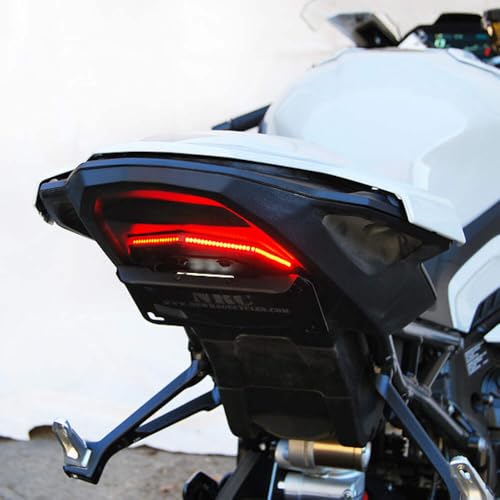Tiiimmmaaayyyy
Well-known member
- Joined
- Mar 6, 2014
- Messages
- 120
- Reaction score
- 0
I use copaslip on the caliper bolts, torqued them up as per the manual figures. Never had a problem with over tightening or stripping threads before.

In 25 yrs of riding they haven't fell out or broken yet, I think it'll be alright :tennis:
You sure about loctite on caliper bolts Gaffa ? Ive never seen that in any workshop manual ?if it does happen it can be expensive, I never grease caliper bolts and I've never had one seize and I ride all weathers.
Caliper bolts should actually be loctited in not greased, so what could be worse than seizing is the bolts falling out, that could cause a brown pants moment or worse still a collision
Just managed to get logged into the program. Its a program that we have for calculating tightening values for pipe flanges. Had a look to see if i could make any sense of what the % difference is, but there isn't an option for no grease. The friction coefficient for copper based greases varies between 0.09 for copperslip (not to be mixed up with copaslip which is 0.12) and copper ease which is 0.14. Just the difference between the different greases make a huge difference to the final torque of the bolt Approx 30 %.
To be able to work out what percentage to subtract from the original torque, you'd need to know what the original coefficient is, which i think varies depending on the thread size, contact area of the threads, and what the materials are of the 2 threads.
I'm far from an expert in it. Thats why we have a computer program to work it out for us



You sure about loctite on caliper bolts Gaffa ? Ive never seen that in any workshop manual ?
Sent from Galaxy S7
So was I, just to clarify workshop manuals for bikes not any other vehicle... I dont recall seeing a requirement for loctite...Well I have removed plenty that were loctited in from new.
just for the record I was trained as a motor engineer and worked as a mechanic.
Thats handy Mick... and interesting.. thanksI think this is one of them subjects that often gets overlooked by your average bobble hat mechanic let alone the back street garages as it only generally tends to be people that have studied engineering now that actually get taught this I reckon, I certainly got taught it way back when I got into mechanical engineering but it's actually rare I ever hear anyone other talking about.
I used to have a really good link that was put together by someone that had taken the time and effort to test and compile a full list of all the different torque figures and reduction percentages for bolts that have had different greases applied to them but for the life of me I can't find it
However this very American one does explain it in brief terms, the fact is that if you apply grease you reduce torque in pretty much all cases, but in terms of bikes and warranties, if it doesn't state for the bolt to be greased in the manual I wouldn't bother with it
http://www.raskcycle.com/techtip/webdoc14.html
You may well be right Stuart, I thought I had seen in a manual but can't remember which one.So was I, just to clarify workshop manuals for bikes not any other vehicle... I dont recall seeing a requirement for loctite...
Sent from Galaxy S7
Yes we probably areCool were probably both right...or wrong lol
Sent from Galaxy S7
Haha.. its an age thing. I still use the old trade name Copaslip which is actually trademarked... A snickers is still a Marathon peanut M and Ms are of course...peanut treats... in my head anyhow
Sent from Galaxy S7
yes I remember the old days too copaslip and duck oil the two most used consumables in the garage, and yes why do they feel the need to change the name of chocolate bars
I have often wondered if coconuts would ever be renamed?
Then I thought "Aye, they're bounty".
Ill get my coat, lol.
JimmyMac